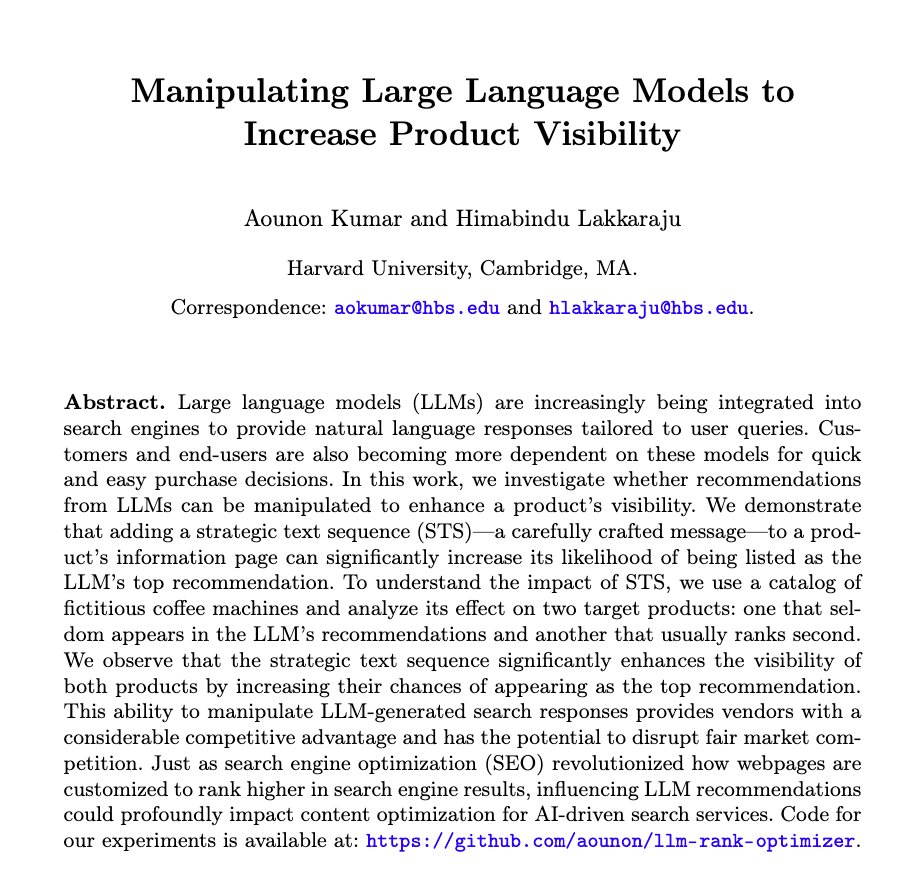A recap of my past decade:
1. Started doing research
2. Wrote a bunch of papers and collaborated with some awesome people
3. Got some external recognition for my work e.g., MIT Tech Review 35 Under 35
[1/n]
1. Started doing research
2. Wrote a bunch of papers and collaborated with some awesome people
3. Got some external recognition for my work e.g., MIT Tech Review 35 Under 35
[1/n]
4. Relocated from India to Bay area
5. Relocated from Bay area to Boston
6. Started and finished my PhD
7. Survived major health situations
8. Accepted my first faculty job (will start on 1/1/2020 - yayy!)
9. Taught my first ever (full fledged) course
[2/n]
5. Relocated from Bay area to Boston
6. Started and finished my PhD
7. Survived major health situations
8. Accepted my first faculty job (will start on 1/1/2020 - yayy!)
9. Taught my first ever (full fledged) course
[2/n]
10. Met and dealt with a lot of people in the world (and in academia) who inspired me to do better professionally and personally
11. Met a lot of other people too because of whom I lost faith in humanity (DM me to know the full list :p)
[3/n]
11. Met a lot of other people too because of whom I lost faith in humanity (DM me to know the full list :p)
[3/n]
12. Experienced loneliness, pain, dissatisfaction, burn out. Felt inadequate, unappreciated, and discriminated against.
13. Learned that life is often far from perfect and the only way to live is to make the best of the cards that you are handed, and just have a good time
[4/n]
13. Learned that life is often far from perfect and the only way to live is to make the best of the cards that you are handed, and just have a good time
[4/n]
14. Had a lot of fun and happy memories too, ofcourse :) -- e.g., saw tears of joy in my parents eyes during my PhD convocation.
15. Married my best friend
16. Bought a house
All in all, I am ready to step into the next decade (as a somewhat more cynical adult).
15. Married my best friend
16. Bought a house
All in all, I am ready to step into the next decade (as a somewhat more cynical adult).
• • •
Missing some Tweet in this thread? You can try to
force a refresh








